3 Common Pitfalls to Avoid When Performing Right to Work Checks
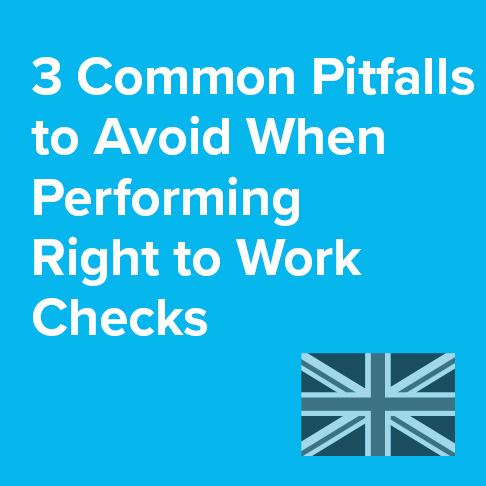
Towards the end of last year, the UK Home Office made a number of changes to the rules around right to work checks.
To help production teams navigate the new rules correctly, here are three common pitfalls to avoid when performing right to work checks.
Still doing “remote” right to work checks
The Covid-19 pandemic undoubtedly changed the working world forever, particularly with respect to remote working. However, when it comes to right to work checks, the temporary rules which allowed employers to carry out remote right to work checks during the pandemic no longer apply.
As such, while you can still meet candidates or new hires remotely via video call, you must now physically check their original right to work documents in person. This will therefore require the worker to either send the original documents to you by post or courier or, ideally, present themselves in person along with the original documents.
Following the wrong right to work process
Biometric residence permits can no longer be checked manually; instead, they must be checked using the Home Office’s online portal before any type of work begins.
This requires the worker to provide a share code so that their details can be checked. The same process is used for EU workers under the EU Settlement Scheme.
The date of the check is then logged by the Home Office. This is a common watch-out, as the Home Office will be able to see if a right to work check has been carried out late.

Failing to double check the results of an online check or IDSP report
The Home Office has made it clear that employers are still personally responsible for validating the results of a check performed via its online portal or an Identification Document Service Provider. This includes checking:
- The visa expiry dates;
- The type of work permitted under the visa; and
- That the photo in the report is definitely the same person presenting themselves for work.
This responsibility cannot be outsourced, and records should be retained and stored securely to prove all of the above in the event of an audit by UK Visas and Immigration.
How EP can help
The EP Production Portal helps you to track whose right to work has been confirmed and get everything in order before anyone steps on set. Send reminders to those who need to upload their documents and set up alerts to complete your checks as soon as they do.
To help with right to work compliance, the Production Portal captures the name of the reviewer and the date and time of the review. And because crew upload their right to work documents directly to the platform, you maintain a secure audit trail even after you wrap.
For more information on contracting crew in the UK, see Getting Your Crew Contracts in Place: A guide for UK productions.
Related Content
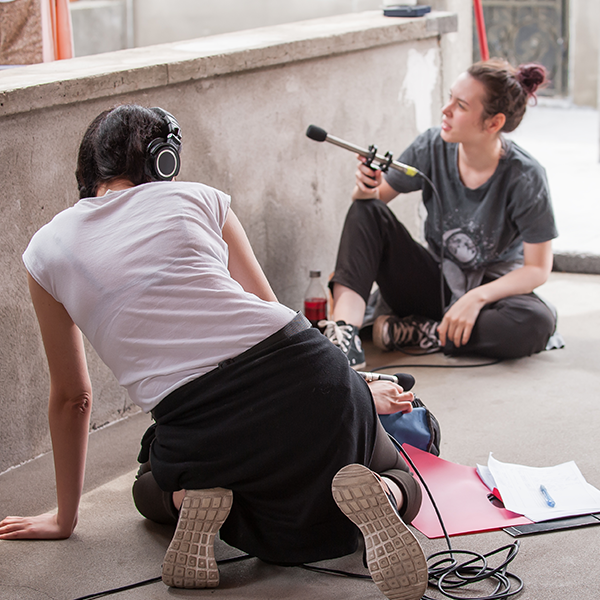
New UK Employment Rights Bill: Significant Reform for Film & TV's Self-Employed?
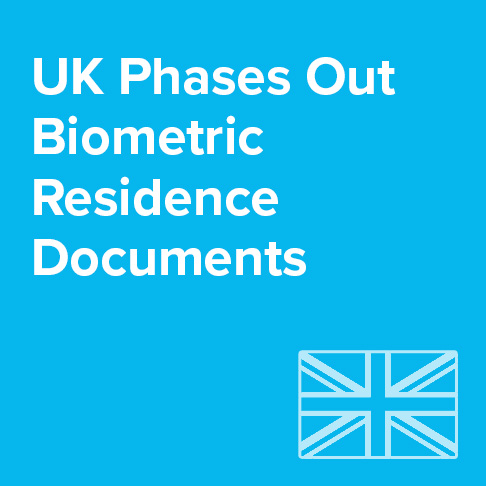
More Right to Work Changes as UK Phases Out Biometric Residence Documents

How Could the UK’s New Labour Government Impact Employers in the Film & TV Industry?

20 IR35 Terms Every Production Worker Should Know
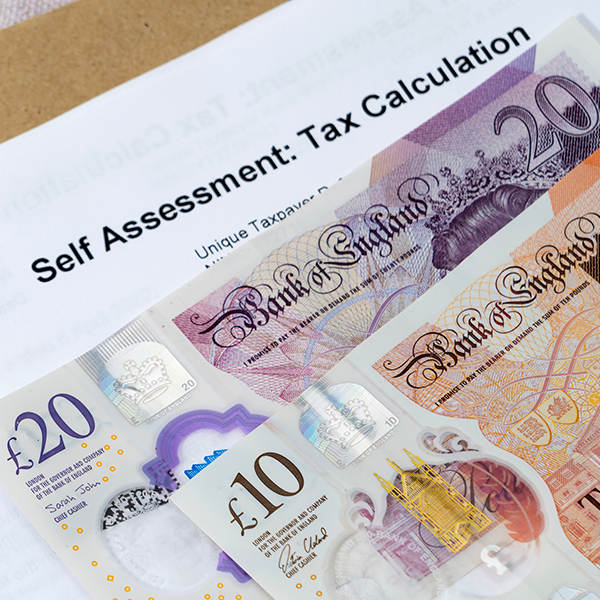
The Ultimate Tax Guide for Self-Employed Workers in the UK Film & TV Industry

How to Become a Supporting Artist on UK Film and TV Productions

Global Production Incentives to Watch: A Look Back at 2024 and What’s Ahead in 2025

PGGB Talent Development Fund: Year Two Reception

Budgeting for 2025: UK Tax Increases Impacting Film & TV Productions

PGGB Membership Focus: Talent Development Alumni

What Does the UK's Enhanced VFX Rate Mean for Productions?

UK Independent Film Tax Credit (IFTC) Approved: Key Updates for Producers

Royal Television Society Launches Film & TV Mini MBA with Support from EP’s FLB Accountants

The Producer’s Guide to Unions in the UK Film and TV Industry

Incentives Estimate or Opinion Letter: Which One Is Right for My Production?

Finding the Right Line Producer for Your Next Project

California vs. the World: The Race to Nab Film and TV Productions

What is an Incentives Estimate and Why Do I Need One?

Indie Producer's Checklist: 6 Steps to Prep Your Production Company for Filming

The Filmmaker’s Guide to Equity Financing and Compliance

Breaking Down Barriers: How Leading UK Organisations are Driving Inclusion in Film and TV

Setting Up Your Production Company: All About LLCs

Boost Your Budget with the Independent Film Tax Credit

Entertainment Partners and Fully Focused Partner to Support the Future of UK Production

Spotlight: Lloyd Gunton, UK Tax Credit Expert

HMRC Announces Changes to Claiming UK Creative Sector Tax Incentives

Indie Producer’s Playbook: Setting Up a Successful Production

Celebrating (Almost) 20 Years of MAMA Youth Project

How to Prepare for an Audit: Tips for UK Productions

Curious About Co-productions? What Producers Need to Know.

Entertainment Partners To Provide Funding For Future Assistant Directors And Floor Managers
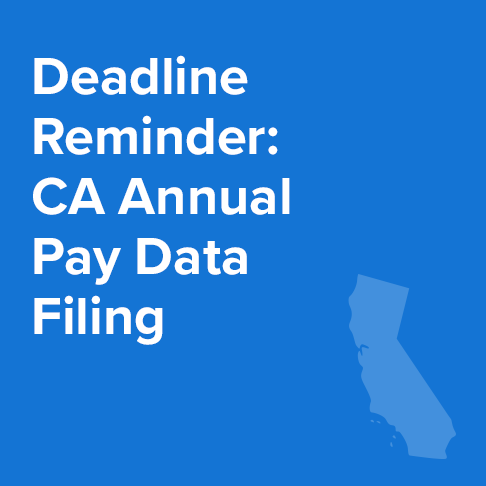
Reminder of Impending Deadline and New Requirements in California’s Annual Employer Pay Data Filing

